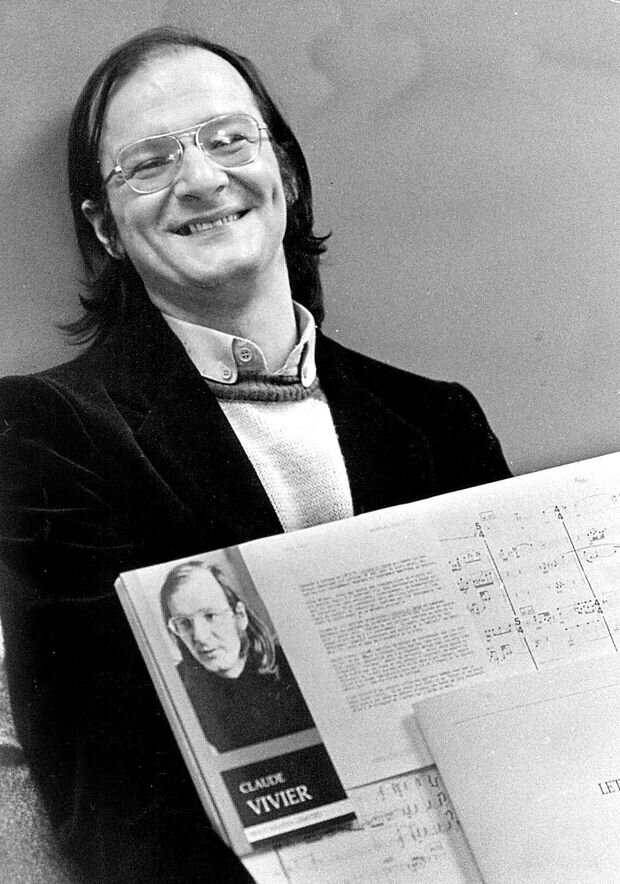Since finding out about the music and life of Canadian composer Claude Vivier, I’ve been intrigued. A style that authentically melds East and South-East Asian influences with Spectralism and other French styles, plus a slight drop of camp, fantasy and lyricism. Vivier is also famous for his death, murdered by a truqueur (eng. trickster - young attractive man who turns tricks as a prostitute or accepts sexual advances to take money or harm) in Paris. This gothic, queer melodrama ending to his life speaks not only to my love to queer-ness in music, especially contemporary music, but also the long line of pain and suffering queer people have been exposed to over time. Alan Turing and Matthew Sheppard come to mind.
So, with all this in mind, for the first meeting of my new Rare Opera Club, I was really excited to explore Vivier’s opera Kopernikus. The idea with the club is to meet every week on Zoom, while stuck at. home in isolation during the Covid19 pandemic, and discuss a lesser performed work of the opera cannon.
This piece is a mystical walk through a myth laden, dream like world inhabited with Alice in Wonderland, the Queen of the Night, Mozart, Tristan & Isolde and Kopernikus who are all met by the Indian Fire God Angi traveling to the throbbing-stars. The libretto, by the composer is wild and multilayered and the music is for 7 singers and 7 instrument. They mimic each other, echo each other or work to accompany each other. The roles of each singer and instrument interweave in this fantastic texture. It’s primarily homophonic, that is solos music with accompanying material, and has the feeling of timeless stagnation where we are aurally focused on one single idea, very much like Messiaen. The next moment we receive a complexity of sounds, words (some real, some made up by Vivier) and textures. This meeting of stagnation and complexity, in a very effortless way, is a style and feeling I trying to implement in a lot of my own music and so speaks to me deeply. As does the slightly camp meeting of different mythological, real and historical characters. This patchwork of times and persons is very inspiring to me.
This sentence about his death, from his offical website speaks volumes. The last passage of music he wrote for this Tchiak opera, a character called Claude (so possibly himself) sings a line to do with plunging a knife into his heart for a lover, in a strange premonition of his own death.
In June 1982, with the help of a Canada Council grant, Vivier left Montreal for Paris, where he began work on an opera based on the death of Tchaikovsky. In March the following year he was stabbed to death by a young Parisian man who may have been a prospective lover and who was later caught and sentenced. His last work was the unfinished Glaubst du an die Unsterblichkeit der Seele, which contains a disturbing premonition of his untimely death. - http://www.claudevivier.com/
Images from documentary, featuring his friends and colleagues, including Gyorg Ligeti - https://www.youtube.com/watch?v=xfKna3MvvbU
Claude Vivier



